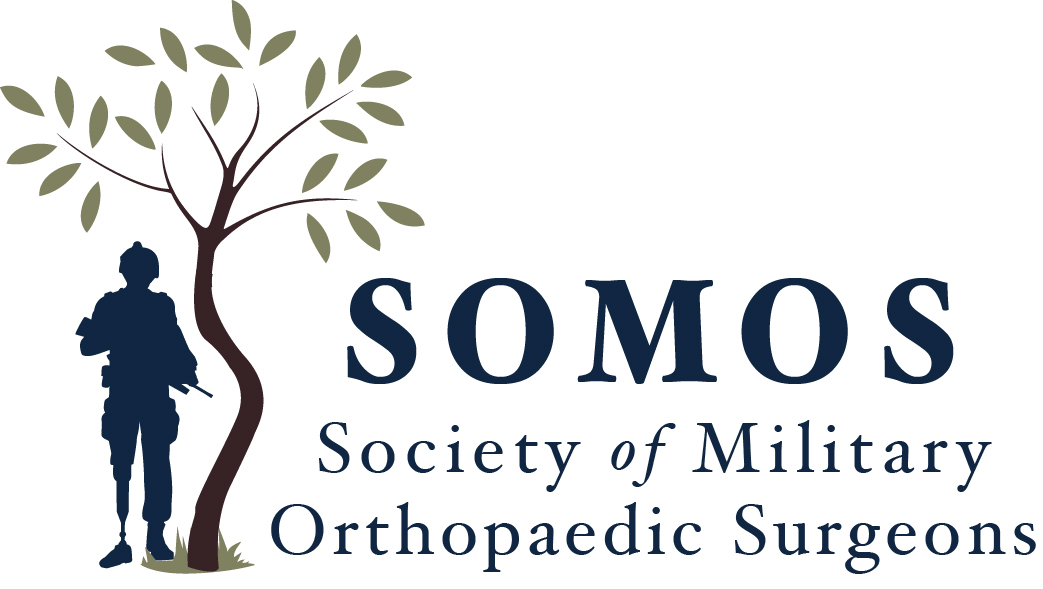Why did I get involved in research? Is the juice worth the squeeze?
By LTC Jeanne Patzkowski
Early on in medicine we find ourselves pressured to ‘get involved’ in research. As if it isn’t bad enough to keep up with basic science and clinical workloads, as medical students we learn (sometimes really late) that research will help us get into the residency of our choice. Or worse, without it, maybe you don’t get picked up at all. Then comes the joyful routine of trying to find someone who will work with medical students on some project that’s remotely close to what we’re interested in and get something we can add to a CV in a few months’ time. Consequently we might go through various modified stages of grief to include incredulity, annoyance, fury, desperation and finally, begrudging acceptance. Once in residency we learn there’s a formal research requirement in order to graduate. Awesome.
Before allowing the begrudging acceptance to permanently stain your outlook on research, consider a few points. We’ve all heard that research is good for your career. For the more junior among us who may be wondering exactly how, here we go:
- The CV boost. There’s no doubt that having a few publications on your CV prior to graduating residency puts you in a position to be more competitive for fellowships. Both in the military and outside of it, publications help you stand out. They also show the sponsoring program that you may be able to add a publication or two to their institutional resume. If you like teaching and think one day you might want to be in academics, you’ll need publications to show that you are actively engaged in the science of your field and are qualified to help develop the next generation of orthopaedic surgeons.
- The networking boost. The opportunity to stand up at a national meeting and talk about your research might give some people palpitations, but the face time you get in front of a crowd of experts is invaluable. Especially if they come up to you with questions. That’s your time to show the folks at AANA, AHKS, ASSH, etc. that you’re a rising star. Conversations over the coffee pot can lead to mentoring or sponsorship opportunities that can open doors for future fellowships, committee positions or jobs after leaving the military.
- The understanding boost. I’d argue this is the most important. We all have journal clubs, we all pull articles for cases and team training. But how do you know whether or not a study merits a change in your practice? How do you know if a new technique or procedure is really a good option for your patient? Performing research on your own allows you to pick out the flaws and high points of other studies. You’re then empowered to make your own decisions regarding the merit of the study and whether or not you want to follow the recommendations of the authors. Aside from patient care, this can also facilitate stepping into a role as a journal reviewer (the path to associate editor and beyond) or a place in academic medicine.
At the end of the day maybe you don’t want to manage large grants, serve on the editorial board of a journal, teach residents or even do a fellowship. And that’s fine. But if you’re going to treat patients and you want to deliver the most up to date care with the best procedure/implant/rehab, that project you did in residency may very well help you finally understand how to critically evaluate the crushing volume of peer reviewed literature to make the best decisions with your patients.
|




